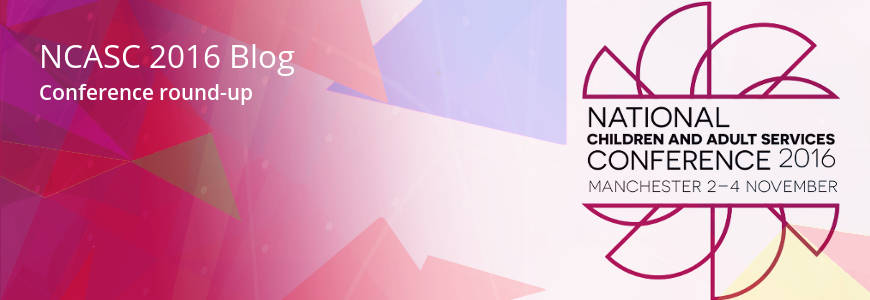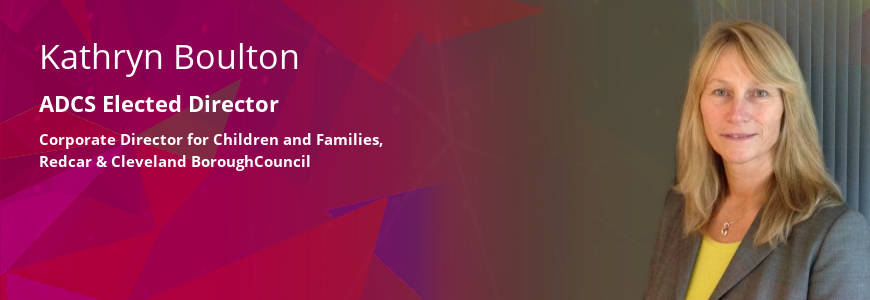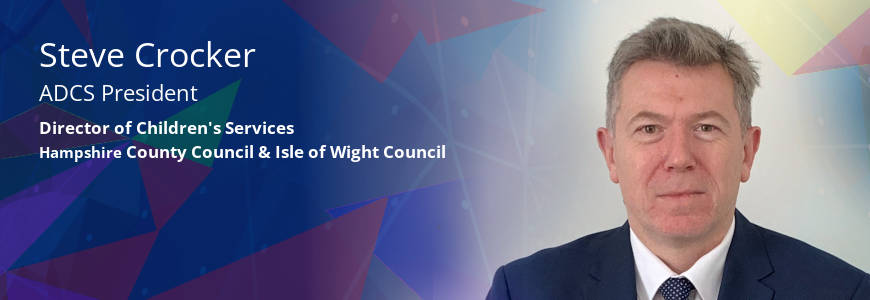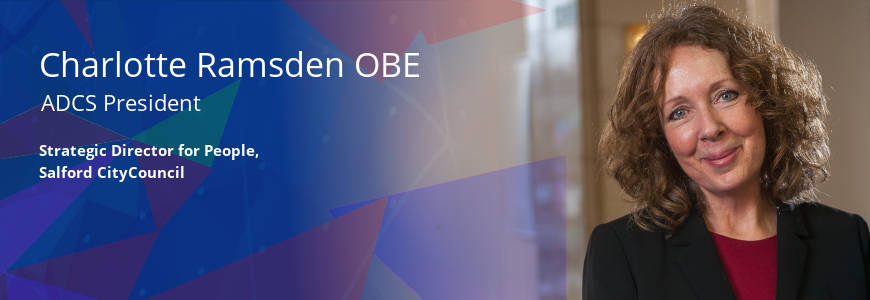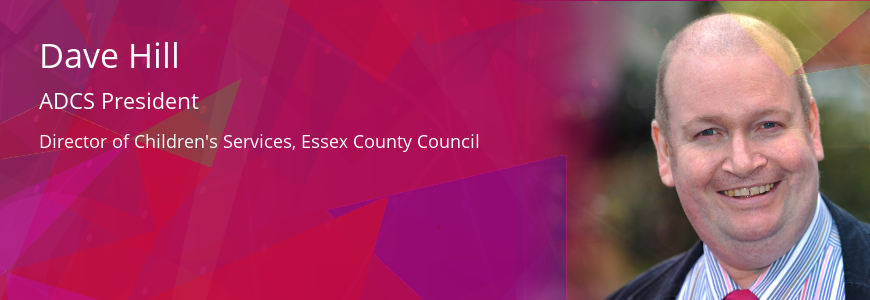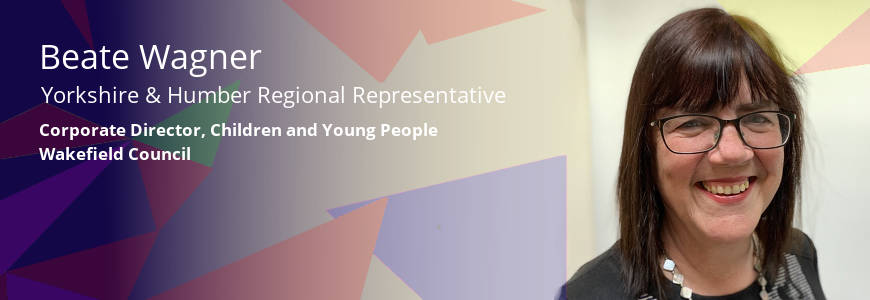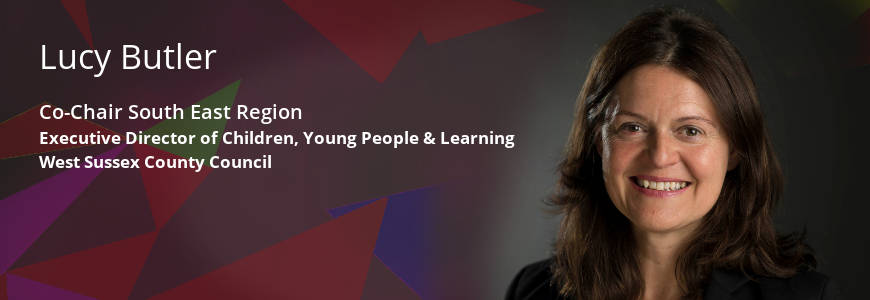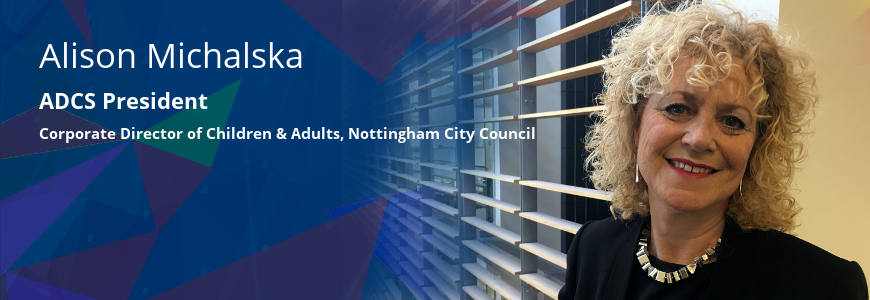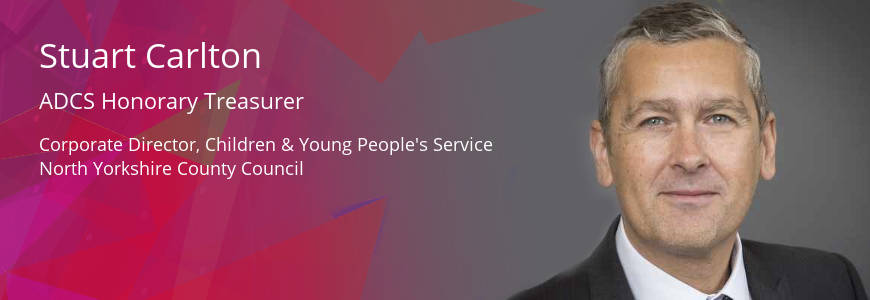NCASC 2022

Delegates met in person at this year’s NCAS Conference in Manchester for the first time in three years to hear from a wide range of speakers across children and adult services. It’s certainly a busy time in the world of children’s services and there was a packed agenda for delegates to engage with over the three days. Some of the conference highlights included sessions from the Children’s Commissioner, Dame Rachel De Souza, Amanda Pritchard, Chief Executive NHS England, and Amanda Spielman, HMCI of Ofsted.
The conference opened with speeches from ADCS President Steve Crocker, ADASS President Sarah McClinton and LGA Chairman Cllr James Jamieson. Steve used his speech to highlight some of the challenges we face such as rising child poverty, the disproportionate impact of the pandemic upon children and young people and the workforce sufficiency challenges local authorities are increasingly experiencing. Steve also highlighted two reports published by ADCS during the conference: Safeguarding Pressures Phase 8 interim report and a supplementary mental health thematic report.
Safeguarding Pressures Phase 8 adds to an evidence base built up over 14 years but with a specific focus on the past two years. This has been a time of significant uncertainty and change in the context in which children are living, and in which services are operating and the report’s findings reflect this. The number of initial contacts has increased by 10% over the past two years with an estimated 2.77 million received at the ‘front door’ to children’s services in 2021/22. Early help assessments have also increased over this period by 16% as well as the number of Section 47 enquiries going up by 7%. When compared to 2007/08, when Safeguarding Pressures was first published, the figures make for even starker reading: the number of children in care has risen by 35%, there has been a 184% increase in the number of Section 47 enquiries and there are 21% more referrals to children’s social care received per year. To meet this demand, ADCS estimates children’s social care requires £778m just to stand still. Whilst these findings reflect some of the effects of the pandemic on children’s services, it will be much longer before we can capture its full impact. The full report will be published next month.
During the conference a children’s mental health thematic report was also published by ADCS on Wednesday 2 November using data gathered in the ADCS Safeguarding Pressures Phase 8 research. The report adds to the growing body of evidence highlighting a children’s mental health system in need of urgent attention, investment and change. The report’s findings outline some of the real pressures on the children’s mental health system, with a higher proportion of children’s social care assessments now taking place where children’s mental health is a factor. Almost half of local authorities reported that there was ‘never’ or ‘rarely’ enough CAMHS provision in the right places to effectively support children, rising to almost 80% for the most intensive, in-patient support. Over the years much focus has been placed on improving mental health support for children and young people, which is welcome, yet it is clear this agenda requires more attention from central government, mental health commissioners and providers working together at a national level, with sufficient long-term investment, for the benefit of children.
By the time Friday afternoon came around, delegates were no doubt feeling inspired (and perhaps a little tired!) and ready to take new ideas back to their local areas with plenty to digest. Speeches and presentations from the event will be posted onto the conference website and shared via the ADCS bulletin when available. The full transcript of Steve’s speech is on the ADCS website.
There was lots of Twitter activity over the last three days. Search #NCASC22 or see @ADCStweets for a summary of events.
Related Blog Articles
Many of you, like me, will have had several key dates fixed in the diary well...
In General
The National Children and Adult Services Conference 2016 opened on Wednesday 2...
In General
Like many of you, I was fortunate to join some of the sessions at the online...
In Leadership
Well, that was the year that was, to paraphrase a famous satirical TV programme....
In General
I tend to think of myself as a “glass half full” person (those of you who...
In Health
The National Children and Adult Services Conference opened on Wednesday 14...
In General
This is the final ADCS blog-spot in October, when we celebrate Black History...
In General
Earlier this week I attended a reunion with a group of much valued former...
In General
We are talking about little else at the moment, but I am not talking about...
In General
I don’t think we have ever worked in a time where uncertainty and volatility...
In Education
Cast your mind back to January 2021, the country is in its third and most...
In Education
At some point over the past 20 months most of us will have attended a virtual...
In General
A new year, a new beginning with some clarity politically. This is my first blog...
In Education
Recently I met with Ian Dickson - a retired social worker, Ofsted inspector,...


